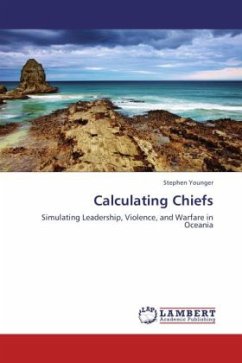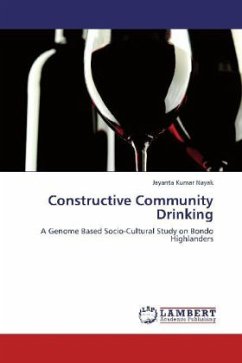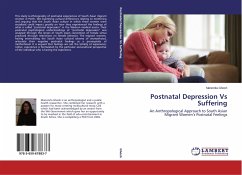Calculating Chiefs offers a unique approach to understanding human violence by combining the rigor of computer simulation with a detailed analysis of violence and warfare in pre-contact Pacific Island societies. Why do many small societies have an egalitarian ethic? How do different leadership styles affect violence within and between polities? What mechanisms have evolved to minimize violence in small societies and how can these lessons be applied to our modern industrial world? After a review of leadership, violence, and warfare in the remarkably diverse cultures of the Pacific, Stephen Younger describes the emerging methodology of agent-based simulation. Dozens of examples of simulations are given with the results compared to real-world societies. Anthropologists will appreciate an introduction to computer simulation - its promise and limitations. Social simulation experts will benefit from an extensive set of data on small societies with which to test their results. Anyone interested in the interplay of leadership and violence in human societies will benefit from this book.
Bitte wählen Sie Ihr Anliegen aus.
Rechnungen
Retourenschein anfordern
Bestellstatus
Storno








